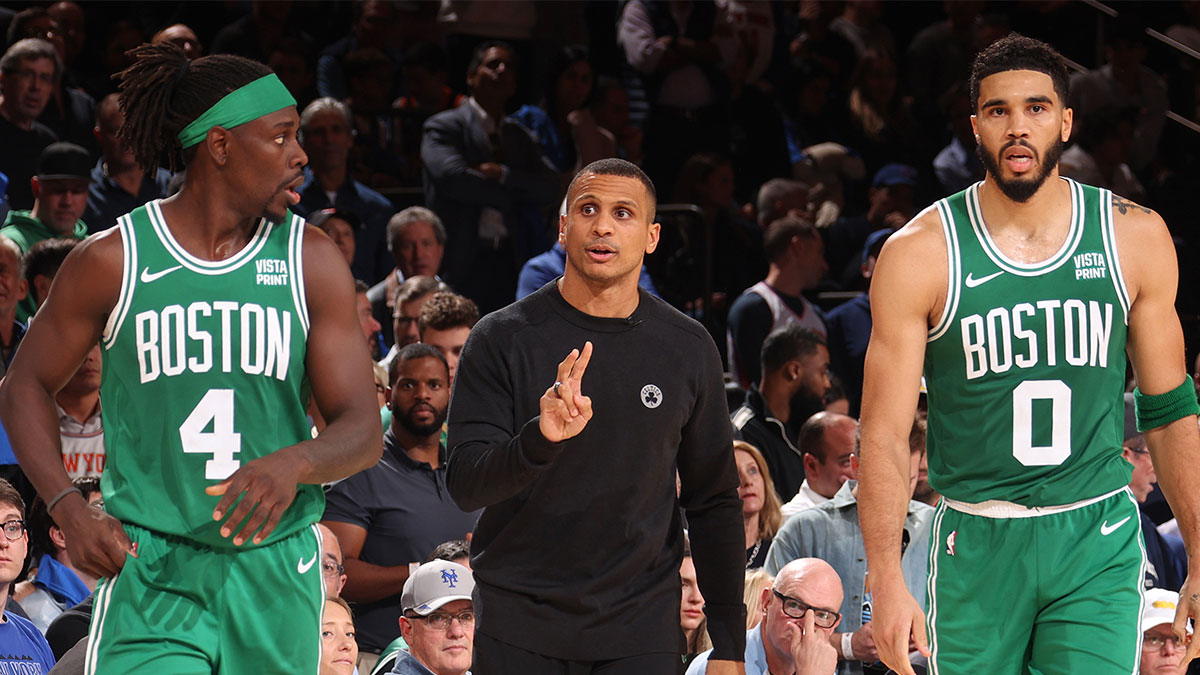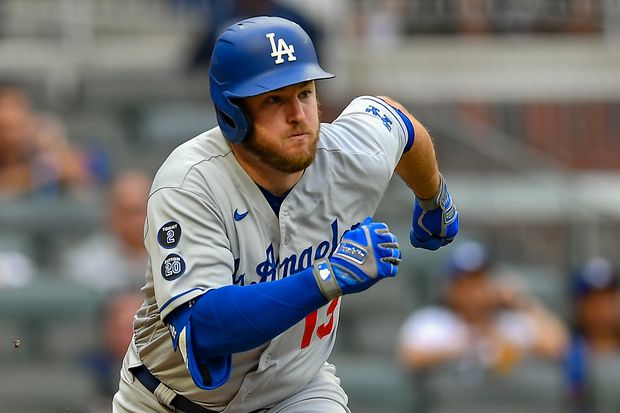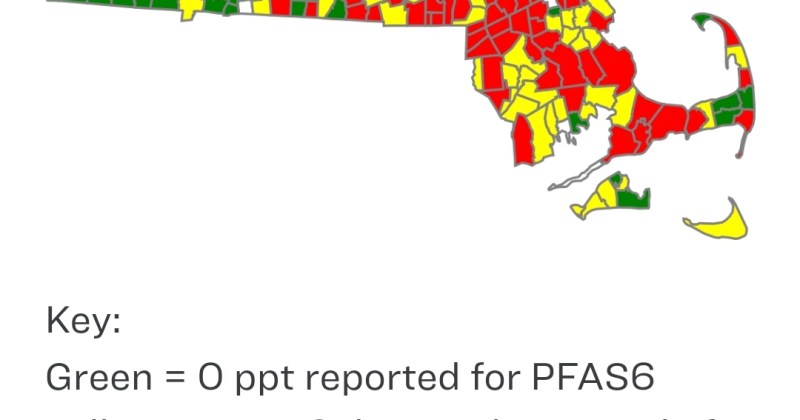LaLiga Demands Google Testify On Piracy: Criminal Liability Sought

Table of Contents
LaLiga, the prestigious Spanish football league, is escalating its fight against online piracy with a bold legal maneuver: demanding that Google testify in court. This unprecedented move seeks to hold Google criminally liable for its alleged role in facilitating the widespread illegal streaming of LaLiga matches. The league argues that Google's search algorithms and advertising platforms directly contribute to the proliferation of pirated content, significantly impacting its revenue and the integrity of the sport. This article delves into the details of this landmark legal battle and its potential implications for the future of online copyright protection.
LaLiga's Arguments Against Google
Facilitating Piracy Through Search Results
LaLiga claims Google's search engine consistently displays links to illegal streaming websites, effectively directing users towards copyright-infringing content. This, they argue, constitutes active participation in the piracy ecosystem, not merely passive hosting.
- Examples: A simple search for "watch LaLiga online free" often yields numerous results linking to websites offering pirated streams. These websites frequently use misleading domain names and deceptive tactics to evade detection.
- Lack of Effective Filtering: LaLiga contends that Google lacks sufficient mechanisms to effectively filter or remove links to these illegal sites, even when notified. The league alleges a lack of proactive measures to combat piracy, focusing instead on reactive takedown requests.
- Insufficient Proactive Measures: The league argues Google could implement more sophisticated algorithms and technologies to identify and filter out piracy-related search results proactively, rather than relying solely on reactive measures.
Monetization of Pirated Content Through Ads
LaLiga further alleges that Google profits from ads displayed on websites offering pirated content, indirectly supporting illegal activity. This claim directly challenges Google's assertion of being a neutral platform.
- Google's Ad Revenue Model: Google's AdSense program allows third-party websites to display Google ads, generating revenue for both Google and the website owners. LaLiga argues that this model inadvertently incentivizes the creation and maintenance of piracy websites.
- Evidence of Ads on Pirated Sites: The league presents evidence of Google ads appearing on websites known for streaming pirated LaLiga matches, demonstrating a direct link between Google's advertising platform and illegal activity.
- Accountability for Revenue: LaLiga argues that Google should be held accountable for the revenue generated from ads displayed on sites knowingly facilitating copyright infringement. They contend that Google's inaction implicitly endorses and profits from illegal activity.
Google's Potential Defense
Safe Harbor Provisions
Google is likely to invoke the "safe harbor" provisions of the Digital Millennium Copyright Act (DMCA), arguing it acts as an intermediary and is not directly responsible for the content hosted on third-party websites.
- DMCA Safe Harbor: The DMCA provides legal protection to online service providers from liability for copyright infringement by their users, provided they meet certain conditions.
- Copyright Takedown Notices: Google already has a system for handling copyright takedown notices, allowing copyright holders to request the removal of infringing content. They will argue this system is sufficient.
- Beyond Reactive Measures: LaLiga's counter-argument will likely center on the inadequacy of a purely reactive approach. They will argue that Google could, and should, do more to proactively identify and remove infringing links.
Technological Challenges of Content Moderation
Google may also argue that the sheer volume of online content makes it technologically impossible to completely eliminate all pirated material in real-time.
- Scale of Online Piracy: The vast scale of online content and the constant emergence of new piracy techniques present significant challenges for any platform attempting to monitor and remove illegal material.
- Investments in Combating Abuse: Google will likely highlight its investments in technologies and teams dedicated to combating online abuse and piracy, emphasizing its efforts to address the issue.
- Collaborative Solutions: Google's defense might emphasize the need for a collaborative effort from multiple stakeholders, including legislators, rights holders, and technology companies, to effectively address online piracy.
Implications of the Case
Setting a Precedent for Future Copyright Disputes
The outcome of this case could significantly impact how platforms are held responsible for copyright infringement facilitated through their services, setting a crucial precedent for future disputes.
- Impact on Other Platforms: The ruling could influence how other platforms, such as YouTube, Facebook, and Twitter, manage copyright issues and their potential liability for hosting or linking to infringing content.
- Shifting the Legal Landscape: The case could significantly reshape the legal landscape regarding the responsibility of online intermediaries in combating copyright infringement.
- Broader Impact on Piracy: The outcome will have a ripple effect across various industries battling online piracy, impacting everything from movies and music to software and literature.
Impact on LaLiga's Revenue and the Sports Industry
A successful lawsuit would significantly impact LaLiga's revenue streams and potentially serve as a model for other sports leagues facing similar challenges from online piracy.
- Financial Losses from Piracy: Online piracy causes substantial financial losses for LaLiga and other sports leagues worldwide, impacting broadcasting deals, sponsorship agreements, and overall profitability.
- Protecting Broadcasting Deals: Increased protection against piracy would bolster LaLiga's ability to secure lucrative broadcasting deals and maintain its financial stability.
- Positive Impact on the Sports Industry: A successful outcome could create a domino effect, leading to greater protection against piracy for the entire sports industry, encouraging investment and fostering growth.
Conclusion
LaLiga's legal action against Google highlights the ongoing battle against online piracy and the urgent need for greater accountability from major tech platforms. The outcome of this LaLiga Google Piracy case will have far-reaching implications for the future of copyright protection in the digital age, potentially setting a precedent for how platforms are held responsible for facilitating illegal activity. The demand for Google to testify signifies a crucial step in holding tech giants accountable for their role in the proliferation of pirated content. This LaLiga Google Piracy case could fundamentally reshape the landscape of online copyright enforcement and influence how major platforms address the issue of piracy going forward. Staying informed about the developments in this landmark LaLiga Google Piracy case is essential for anyone concerned about the future of digital content protection.

Featured Posts
-
 Ovechkins 894th Goal Nhl Record Tied With Gretzky
May 16, 2025
Ovechkins 894th Goal Nhl Record Tied With Gretzky
May 16, 2025 -
 Tatum Brown Available For Game 3 Holiday Out
May 16, 2025
Tatum Brown Available For Game 3 Holiday Out
May 16, 2025 -
 Oakland As Lineup Change Muncy At Second
May 16, 2025
Oakland As Lineup Change Muncy At Second
May 16, 2025 -
 Elevated Pfas Levels Found In Blue Mountains Water Source
May 16, 2025
Elevated Pfas Levels Found In Blue Mountains Water Source
May 16, 2025 -
 Women Are Drinking More A Growing Concern For Doctors
May 16, 2025
Women Are Drinking More A Growing Concern For Doctors
May 16, 2025
